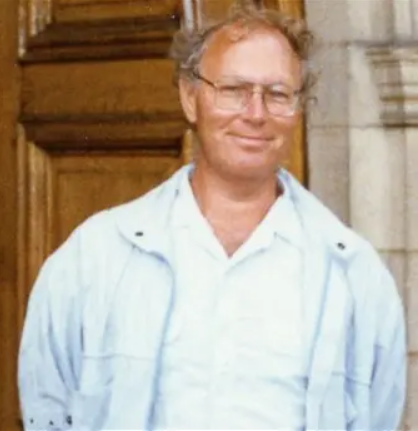David Martin Regan, Distinguished Research Professor emeritus in the Faculty of Health's Department of Psychology and a leading member of the Centre for Vision Research, died on June 26 at the age of 90.
At York University, Regan was valued as both a researcher and mentor, known for his sharp intellect, sense of humour and generosity with colleagues - particularly junior researchers.

David Regan
He was internationally recognized for his pioneering work in vision science, having made significant contributions to understanding visual and auditory perception, brain responses and the application of research to medical and real-world contexts.
Regan's research explored how individuals see and understand motion and depth, using tools like computer models, brain scans and visual tests. He was committed to both fundamental science and its applications, contributing knowledge relevant to disorders such as multiple sclerosis, Parkinson's disease, glaucoma, amblyopia and cataracts, as well as to safety in driving, flying and sport. He published more than 300 scholarly articles and book chapters, and several books, including his influential text Human Brain Electrophysiology: Evoked Potentials and Evoked Magnetic Fields in Science and Medicine about how the brain responds to sights, sounds and other stimuli, and how scientists can measure those responses using electrical and magnetic signals.
Regan's many honours included the Order of Canada, Fellowship in the Royal Society of Canada and membership in the Royal Netherlands Academy of Science. He also received the Donald O. Hebb Award from the Canadian Psychological Association, the Proctor Medal from the Association for Research in Vision and Ophthalmology and the Charles F. Prentice Medal from the American Academy of Optometry.
Regan also had a lifelong passion for sport. He competed internationally in cricket and track and field, and remained active in sport-related research, publishing key studies on visual perception in activities like baseball and cricket.
He was predeceased by his wife, Marian Regan, another York University professor and member of the Centre for Vision Research, with whom he co-authored more than 20 publications.
Regan leaves a lasting legacy at York and beyond, remembered not only for advancing scientific understanding of how humans perceive the world, but also for inspiring a generation of researchers through his mentorship, rigour and curiosity.
This story was originally featured in YFile, York University's community newsletter












